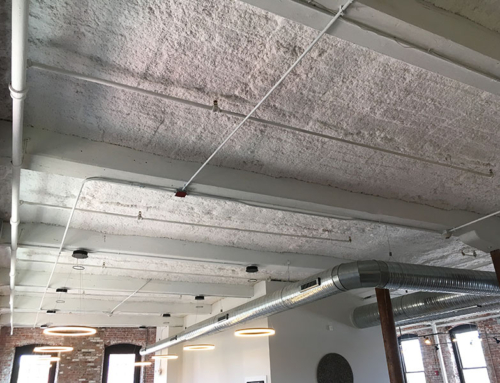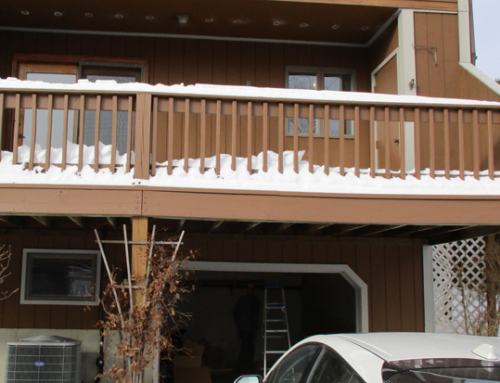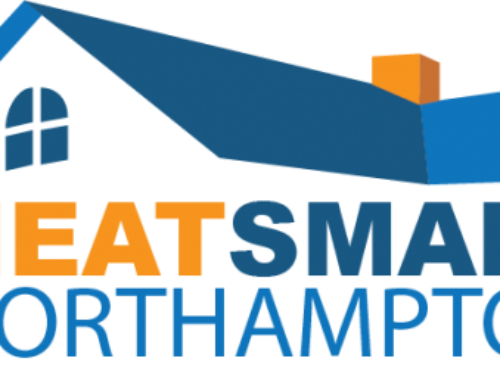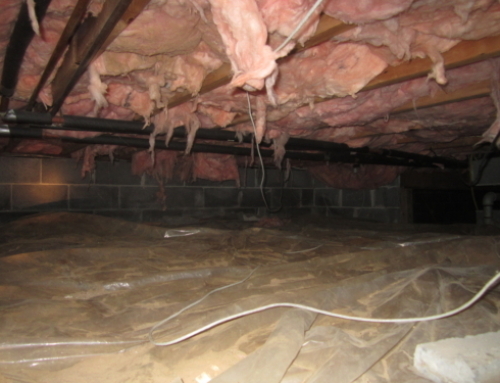Expanding upon Adin Maynard’s brief comments to the EEAC (Energy Efficiency Advisory Council) on June 14:
Maintain momentum, but come-on already:
It is very important to continue the momentum. Participation Agreements should remain in effect and be revised asap for more clarity and completion, but not majorly restructured. If there are more delays it will ultimately hurt MassSave customers as well as the contractors ready to move ahead.
Though momentum should be maintained, there are major issues that need to addressed asap. More coordination between PAs and LdVndrs is needed for program consistency as well as the basic mechanics necessary for a timely program launch. As Tina advocated at the EEAC meeting for the prioritized creation of an official contractor forum, a similar ‘all hands on deck’ approach is needed for PAs to increase coordination so that issues such as those presented below are dealt with immediately.
HPC on-boarding training requirements:
CSG and CET are requiring that HPCs interested in working in NGrid and NStar territories attend a two-week training session at the end of July for which they are not compensated for. The first week is to be focused on program standards/ implementation and the second is on the CSG new software tool. It would be sensible for HON and CET and other LdVndrs to include their own training on the topics covered, during the week of July 18th during the CSG training session. Software training is specific to each platform, yet should be able to be completed in 3 days for each tool. To keep program launch on track, and for efficiency’s sake, more coordination is needed.
Assessment Standards:
The HPC Participation Agreement presented by CSG for NGrid/NSTAR territories is missing core information that is required for a business person to make a well informed decision to sign. These issues include ‘subsidized contractor customer acquisition costs’ (compensation for bringing customers to program) as well as ‘permit fee subsidized’ (taking the burden of permit fees off of contractors). These are challenging issues to resolve, yet fully impact the cost of doing business for contractors.
The most startling omission to the presented HPC Participation Agrmnt is the lack of updated ‘Mass Save Home Energy Assessment Standards’. In 2010, a lot of very good work went into the creation of statewide Assmnt Standards. The 2-audit visit approach is being retired, yet the Standards have not been revised to reflect that. The transition back to a single ‘comprehensive visit’ can not taken lightly. It is of dire importance that the repercussions of this are considered out for all stakeholders, program process and flow, and especially for customer health and safety.
What was communicated at the CSG/CET HPC meeting demonstrated that there was not adequate thought put into how the change in Standards will impact work-scope designs. The most blaring omission is that of a blower-door test during the comprehensive energy assessment. It is not clear that the $150 price per energy assessment- the most essential component of the HPC Participation Agreement- was meant to be for an assessment, of which the protocols were not presented in the included ‘Assessment Standards’ ! From the perspective of ‘whole house’ approach and in context of the mandates of the GCA, these errors are very serious.
Solutions:
-Program designers and implementers need to work together more.
-Make decisions thinking of the Mass Save Home Energy customers first. Don’t present participation agreements that have been anticipated for two years, incompletely. Good customer service requires that contractors can thrive working in tandem with the Mass Save program. (note to contractors: be weary of any business model solely focused on utility programs!)
– In the long-term, a ‘pricing’ resolution requires re-evaluation of what is deemed cost-effective. In line with the mandate to ‘go deeper’, expand the definition of cost-effectiveness to include more non-energy benefits, or find another solution.
-Immediately create a forum so that rational long-winded ideas, such as those presented here, can be heard and considered.
-The EEAC and the State should also be held accountable for not catching the issues identified above. Create a focus group to work on program implementation issues and seek input from those working in the trenches.
Download the NGrid/ NSTAR HPC Participation Agreement here.
p. 36 – Mass Save Standards, version 1.0
p.6 – price for comprehensive energy assessment








